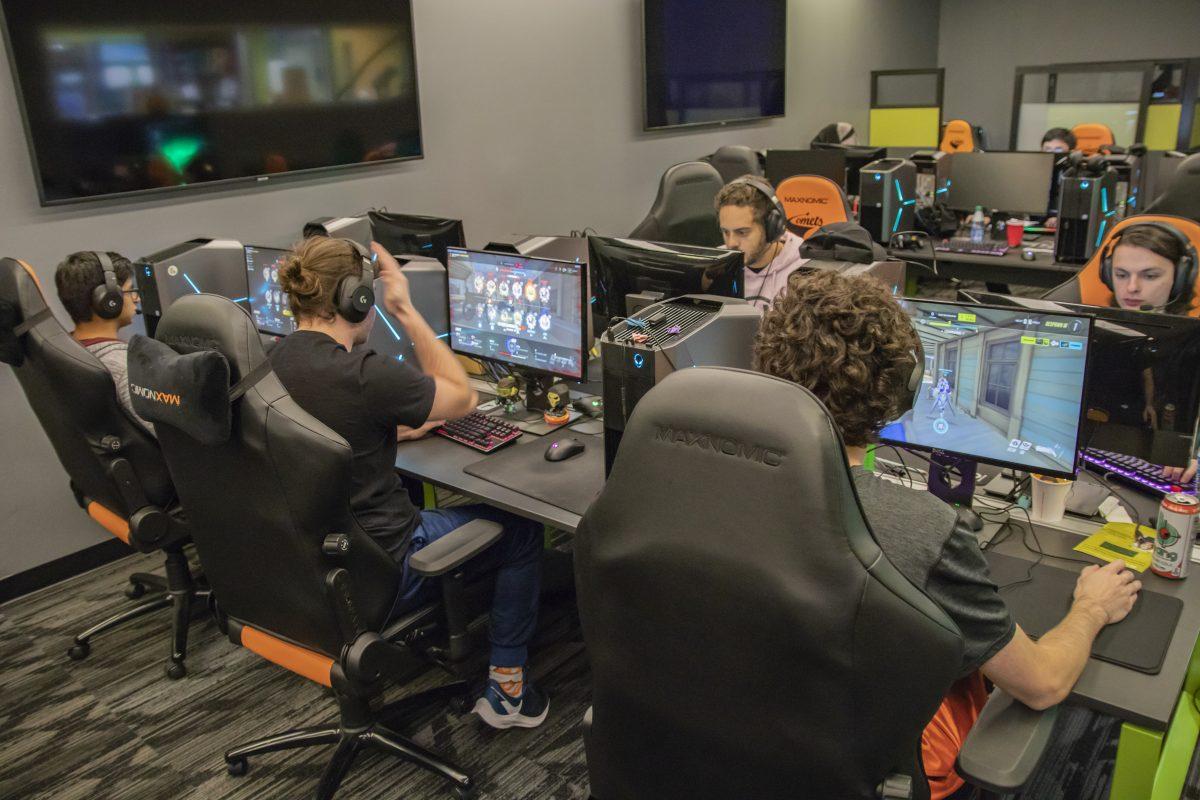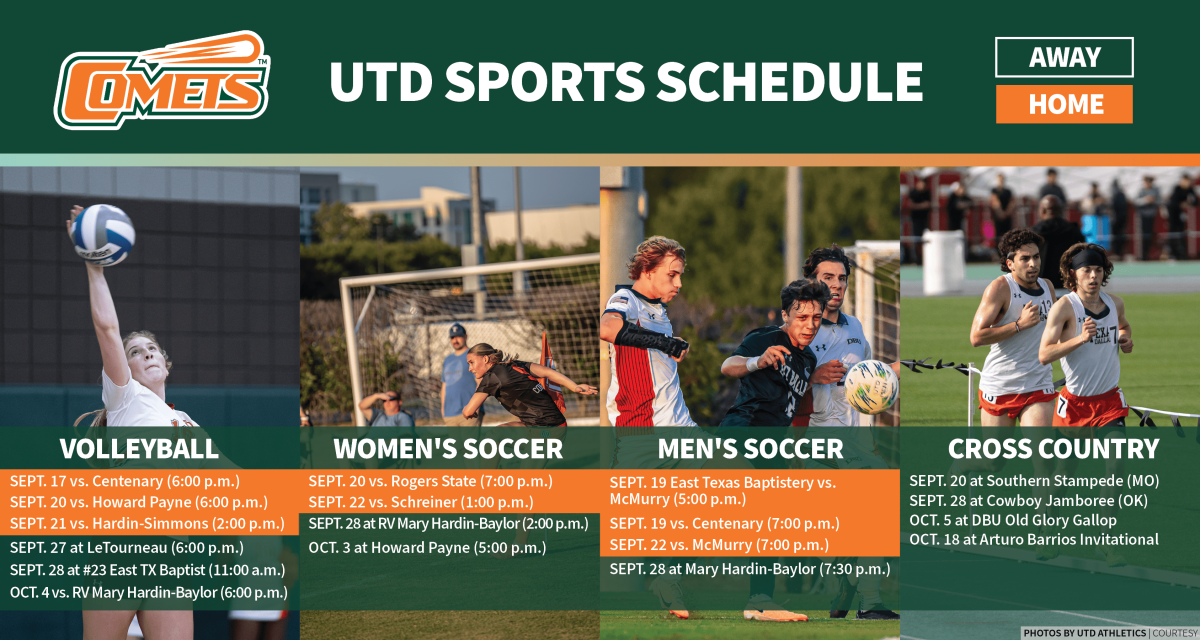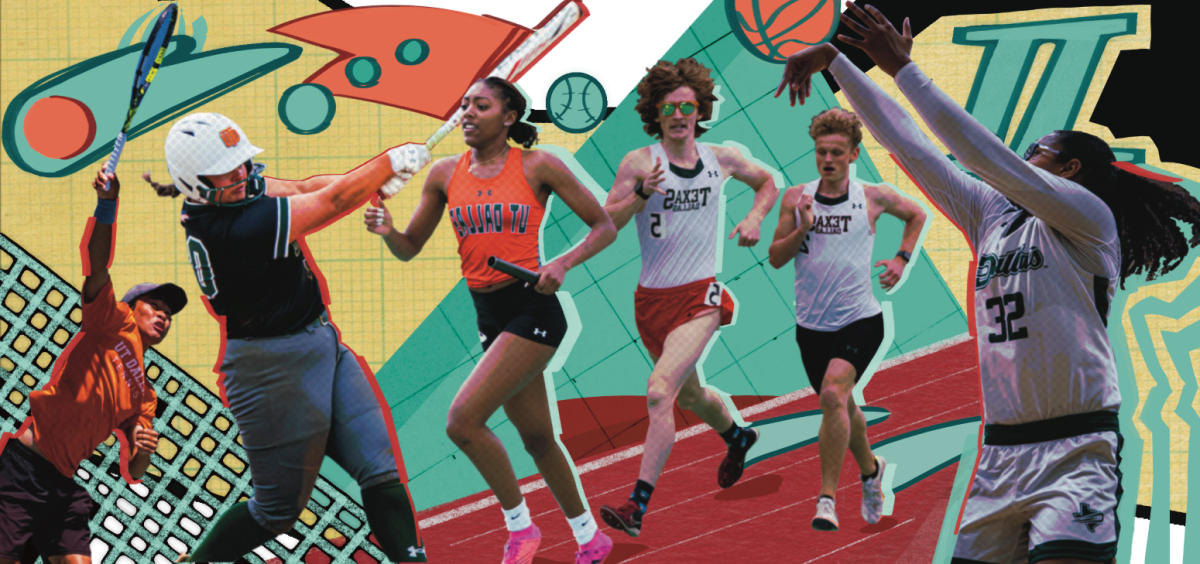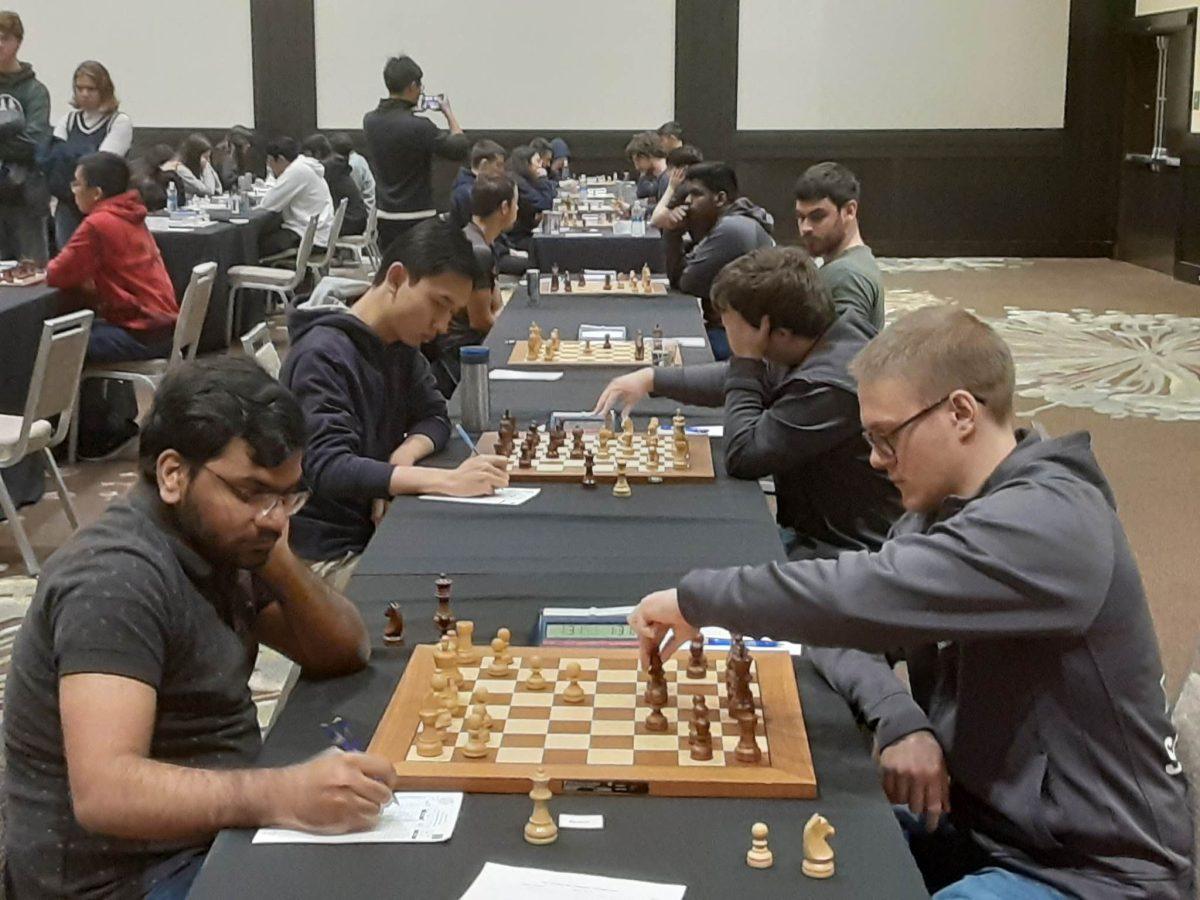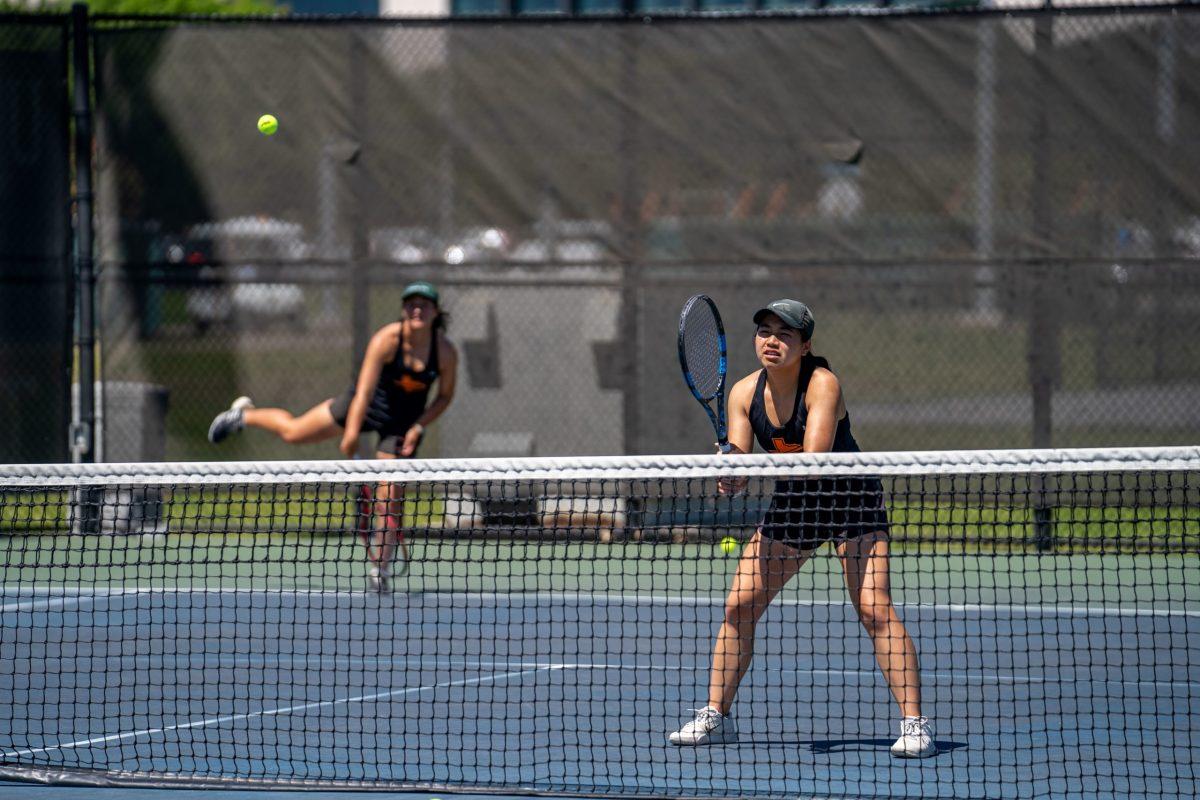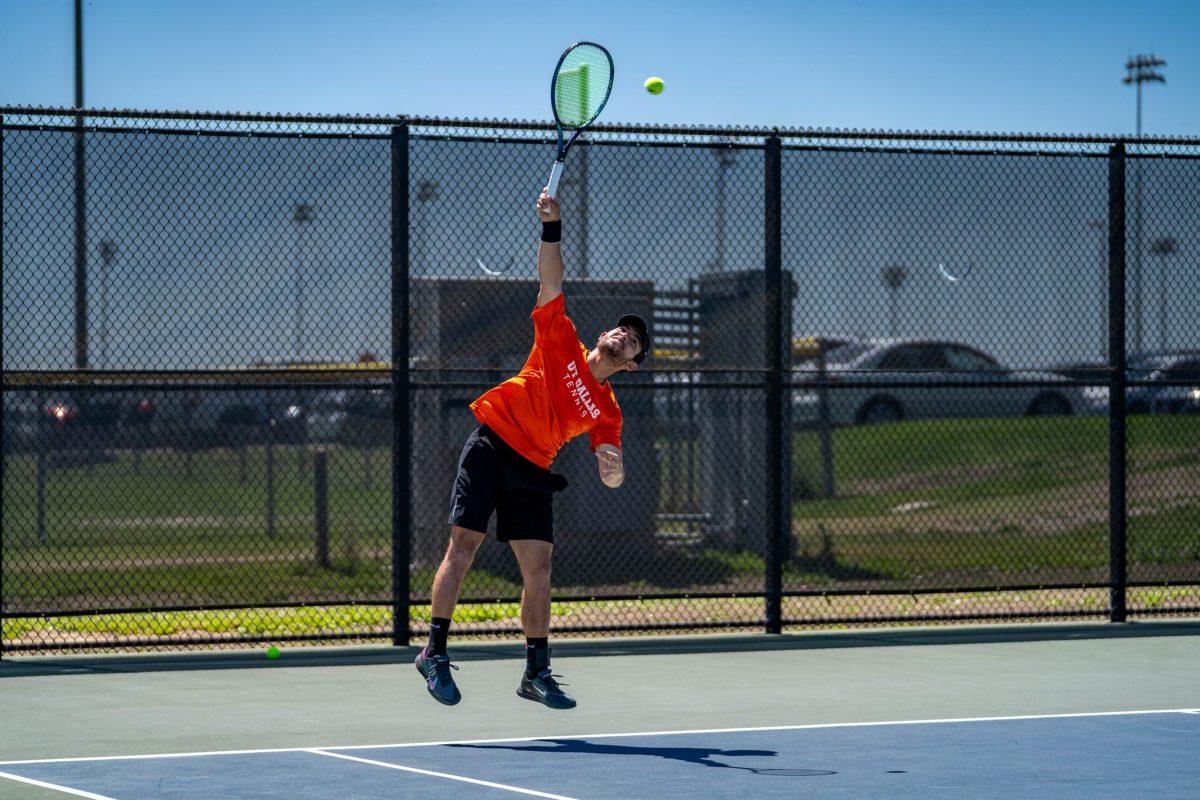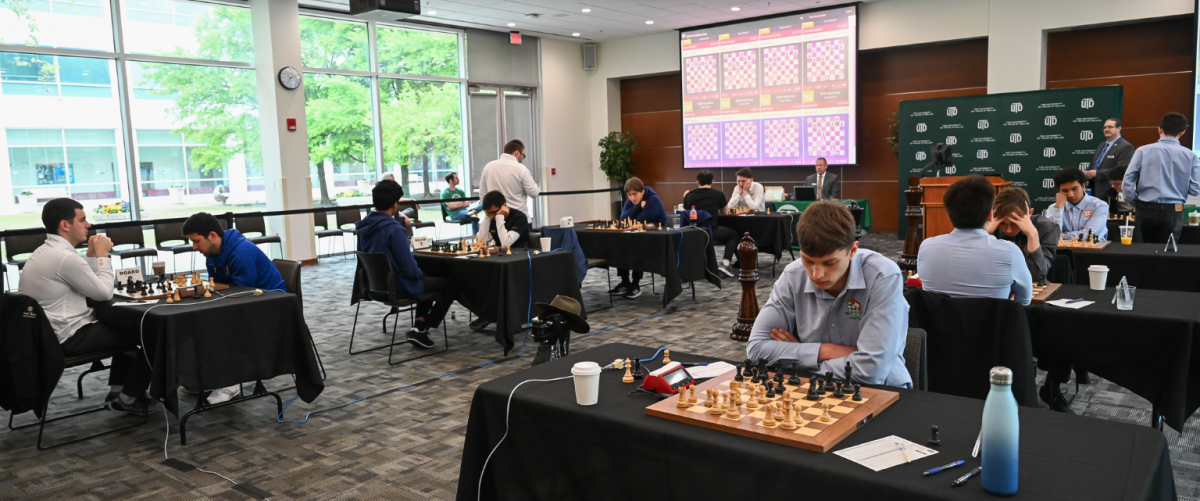Esports to cease competing for rest of semester due to COVID-19
The “League of Legends” A Team recently ended their College League of Legends tournament run with a loss against Winthrop University at quarterfinals in a close 3-2 series.
The Comets closing series against Winthrop was the climax of a constantly changing season of “League of Legends.” The College League of Legends tournament is the regular season for collegiate “League” play, with the various conferences organized by Riot Games leading up to the CLoL finals. A unique part of the tournament is its play on live patches, unlike pro play where patches are delayed. Because of this, the team is forced to adapt to meta-shifting changes constantly, with healthcare management senior and team captain Jonathan “Texas” Baadsgaard saying that the team switched focus on which lane to play from throughout the season.
“I think we went through a lot of changes when we first started this season,” Baadsgaard said. “We were playing more towards the bot side with our team comps, and that was pretty successful in scrims, but I think every single time a patch would hit something would change significantly that we weren’t really used to.”
Throughout each patch from 10.1 through 10.5, the latter being the last patch on which the team played, meta champions were continually nerfed while others were buffed significantly. Various champions, including bot lane champions Aphelios and Senna, top lane Soraka and Ornn rose to significance with Riot making larger balance changes to try and keep the game healthy. While the Comets had large periods of improvement throughout the shifting tides of the metagame, Baadsgaard said it was difficult to stay on the track of continual improvement.
“I think that one of the things that we could definitely improve on is when we have that spike of improvement, to try and maintain that … you want to be at that level always,” Baadsgaard said. “You don’t want to just go through a loss and then experience that huge spike in improvement and then it kind of goes down again eventually.”
The Comets were able to fight through to the quarterfinals by sticking to a popular team composition strategy of drafting scaling teamfight-oriented teams to outplay the enemy whenever friendly ultimates are available, Baadsgaard said. Popular champions with the team were Aatrox and Sett for top lane, Jarvan IV and Sejuani for jungle, Leblanc and Zoe for mid lane and mages for the bot side including Heimerdinger and Veigar.
“We found that playing those AP mages actually was a huge benefit. It was really hard to play bot side as the enemy,” Baadsgaard said. “And Sharpe, who’s our midlaner who’s insane … we’d definitely just let him choose whatever it is that he wanted to do. Like if he wanted to play Zoe, (we’d say) ‘pick Zoe right now, we don’t care.’”
Although they were eventually knocked out by Winthrop in the quarterfinals, it was in a close back-and-forth match. Winthrop and UTD played against each other until a score of 2-2, when in the last game Winthrop pulled out a Xayah/Rakan combination in the bottom lane to throw off UTD’s draft. This led to UTD drafting suboptimal champions and losing to Winthrop in the draft, which contributed to their ultimate loss. Despite this, the Winthrop series was Baadsgaard’s favorite series of the season because of all of the buildup and when the game reached its “silver scrapes” moment, or when a league series reaches its maximum number of games.
“I really liked watching Winthrop vs. UTD,” Baadsgaard said. “I thought that it was really exciting especially on game five or like silver scrapes is going and … all that buildup to that game was fun to not only be a part of, but also to watch back as a viewer.”
For the Comets, the season is over for now. But even with coronavirus shutting down much of the scene, including CLoL itself, there’s still games to be played in the future, and Baadsgaard said he’s grateful to the team and for the experience.
“I really started this out as just something that I could prove to myself, something that I could show that I really can compete at a certain level … and I’m grateful for my team for backing me up and supporting me when I wasn’t that good and helping me get to the point where I was,” Baadsgaard said.

